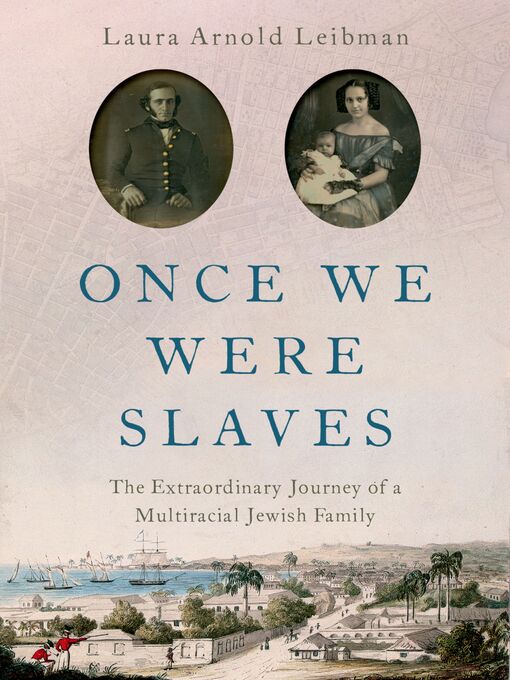- Available now
- New eBook additions
- New kids additions
- Most popular
- Magazines
- Try something different
- See all ebooks collections
- Available now
- Newly Added Audiobooks
- New kids additions
- New teen additions
- Most popular
- Audiobooks for Finding Peace & Happiness
- Try something different
- Most Popular Audiobooks
- See all audiobooks collections
- Magazines
- Celebrity & Gossip
- News & Politics
- Food & Wine
- Health & Fitness
- Sports
- Travel & Outdoors
- Women's Lifestyle
- Canadian Magazines, Eh!
- See all magazines collections

